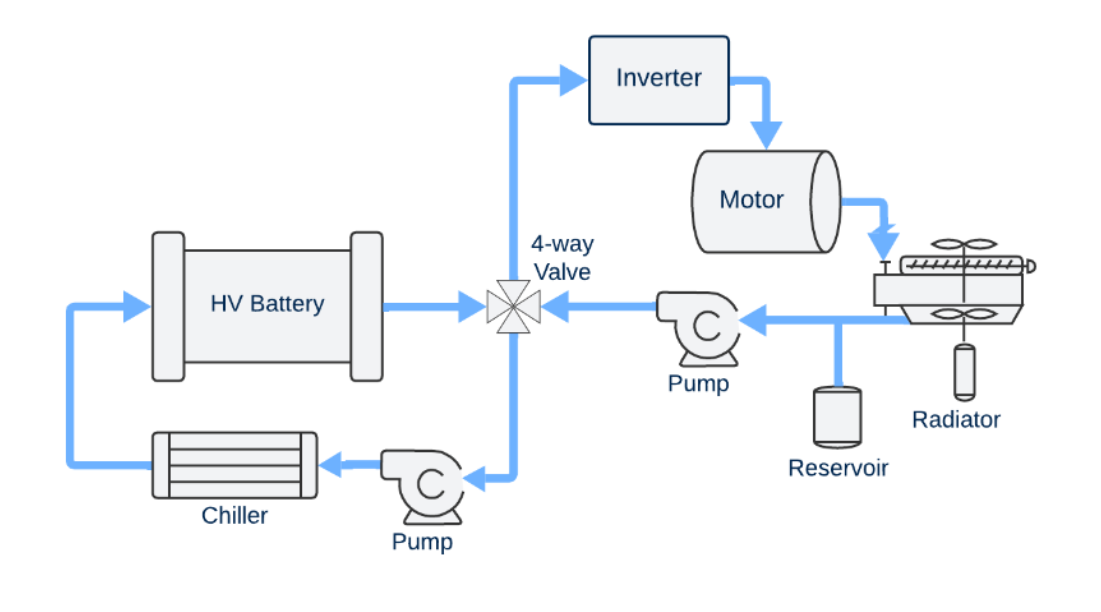A few practical, easy-to-use tools — including a short training video, electronic health record (EHR) reminders, and educational handouts for families — dramatically increased how often pediatricians advised parents to introduce peanut-containing foods early, according to a new study from Northwestern University and Ann & Robert H. Lurie Children’s Hospital of Chicago.
Since 2017, U.S. health guidelines have recommended introducing peanut-based foods between 4 and 6 months of age to help prevent peanut allergies. Despite this, many pediatricians have not consistently followed the recommendations. Peanut allergy remains the most common childhood food allergy, now affecting more than 2% of U.S. children.
In the new study, clinics using the tools followed the guidelines for 84% of low-risk infants (those without eczema or egg allergy), compared with only 35% in clinics that did not use the tools. Infants in the intervention group were 15 times more likely to receive guideline-based care.
“Providing pediatricians with targeted training, EHR reminders, and parent-friendly educational materials significantly improved their ability to counsel families about early peanut introduction,”
said Dr. Ruchi Gupta, professor of pediatrics and medicine at Northwestern University Feinberg School of Medicine and pediatrician at Lurie Children’s.
“Because 4- and 6-month visits are often busy, this kind of support ensures that families receive clear, consistent advice — and helps build parents’ confidence to introduce peanut products early. Our goal is to prevent the growing trend of food allergies in the U.S.”
The study, published October 6 in Pediatrics, involved 30 pediatric practices in Chicago and Peoria, Illinois, including community health centers, private clinics, and academic hospitals.
How the Study Was Conducted
Clinics in the intervention group received:
-
A clinician training video
-
Electronic health record (EHR) prompts
-
Visual guides and handouts for families
-
A scoring tool to identify infants with severe eczema
Clinics in the control group continued with usual care.
Researchers tracked data from the EHRs of 18,480 infants seen by 290 pediatric clinicians during 4- and 6-month well-child visits.
“Using EHR data allowed us to measure real-world outcomes directly from clinical notes and structured fields,” said Lucy Bilaver, lead statistician and associate professor of pediatrics at Northwestern University Feinberg School of Medicine.
Key Findings
-
Low-risk infants: 84% guideline adherence with tools vs. 35% without
-
High-risk infants: 27% adherence with tools vs. 10% without
-
Allergy referrals: 36% of high-risk infants in the intervention group were referred to allergists or tested for allergies, compared with 10% in the control group
“While additional research is needed, these results support broader use of these tools to help prevent peanut allergy in children,” said Gupta.
Researchers will continue to follow the participating children until age 2.5 to determine whether the intervention leads to a measurable reduction in peanut allergy cases.








